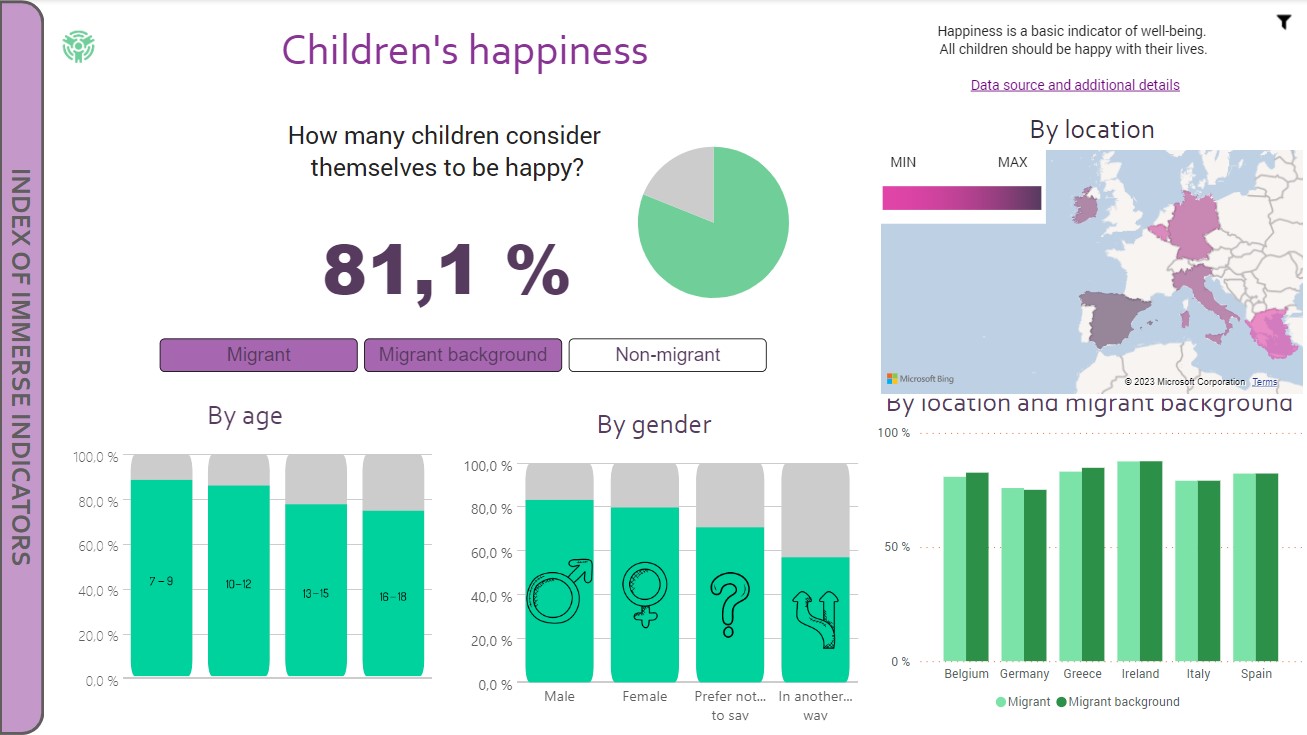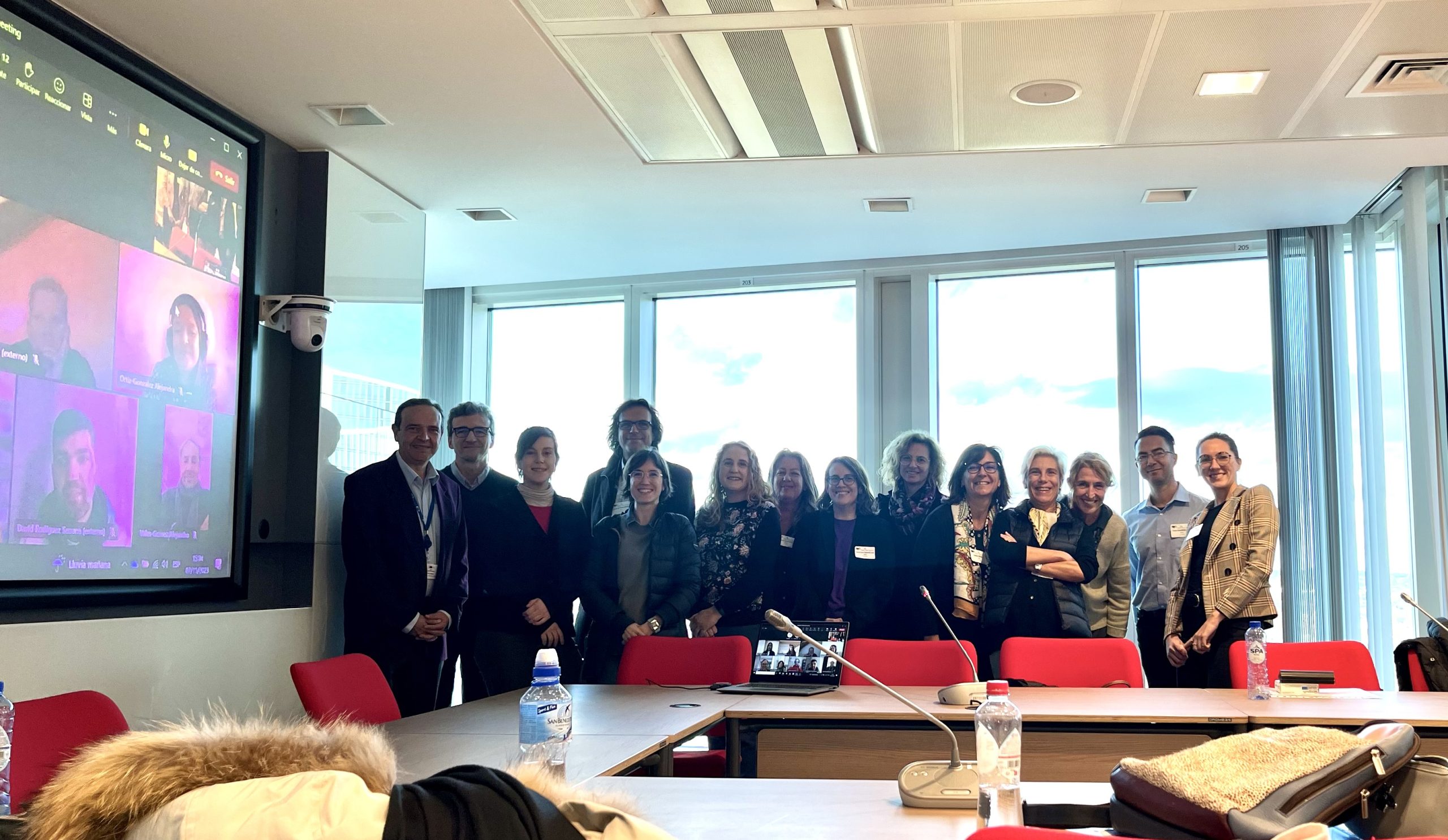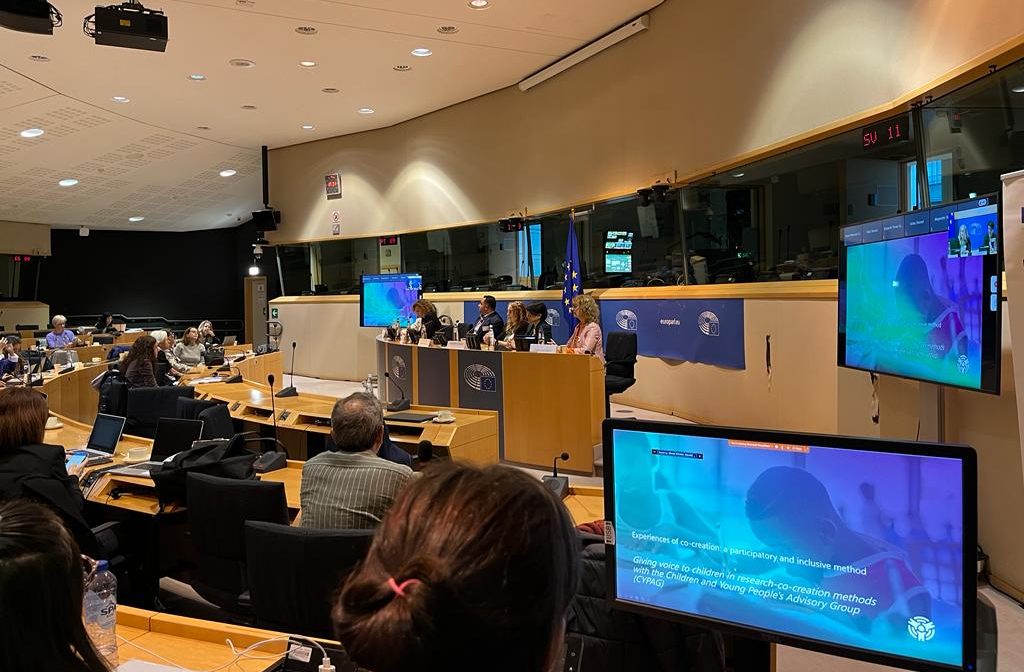Description
The Ministry of Education in 2016 implemented a plan for the integration of children up to 15 years old in the national educational system and the creative employment of children in infancy and pre-infancy in the accommodation structures. This program was implemented in two stages. In the summer of 2016, artistic activities were organized in the refugee reception centers. Secondly, during the school year 2016-2017, afternoon classes started every day in the country's schools for four hours in Greek, English, mathematics, arts, and more, intending to integrate refugee children into the educational system. Be that as it may, during the first year of this program, many weaknesses were depicted. Firstly, a significant weakness identified was the teachers' lack of preparation; thus, they were incapable of catering effectively to the needs of the refugee students. Additionally, another weak spot was the absence of any plan for the involvement of parents in the educational process due to the lack of interpreters in the Refugee Accommodation Centre and schools. However, the most severe problem that hinders the integration of refugee children in schools and Greek society is the resistance and reactions of the local community.
- Access to compulsory education
- Children complete compulsory education
- Children maintain their cultural identity while adopting new cultural values and intercultural competences
- Children remain in (formal) education beyond compulsory levels / Access to (formal) non-compulsory education
- Children's academic skills
- Children's competence in host language
- Children's legal status
- Children's life satisfaction / happiness
- Children's sense of belonging
- Friends and peers (bridges)
- Friends and peers (support)
- Teachers
- Types & levels of (formal) non-compulsory education attended



